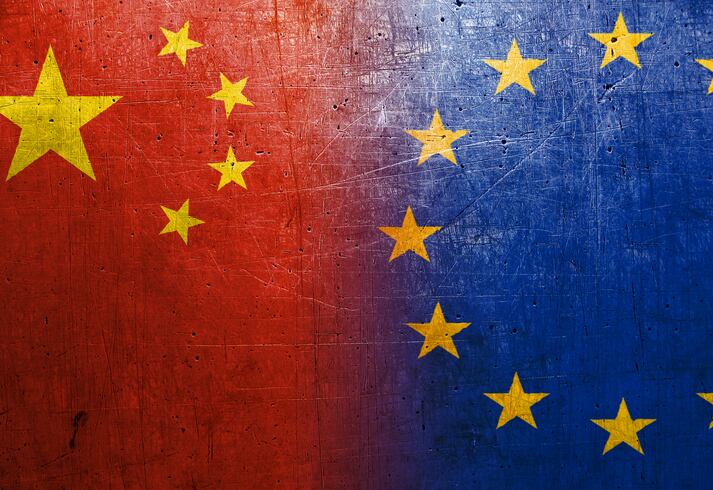
China’s EU dairy tariffs: Is there a turning point in sight?
Chinese anti-dumping tariffs remain in place on EU dairy – but tensions may be easing

Chinese anti-dumping tariffs remain in place on EU dairy – but tensions may be easing

The treaty secures greater access for EU producers to South American markets and strengthens protections for GI products

As milk supply remains strong, we look at which export categories are set for a boost in 2026

U.S. farmer sentiment on the ag economy slipped slightly in Dec. 2025, but most producers think the country is on the right track, including with tariffs
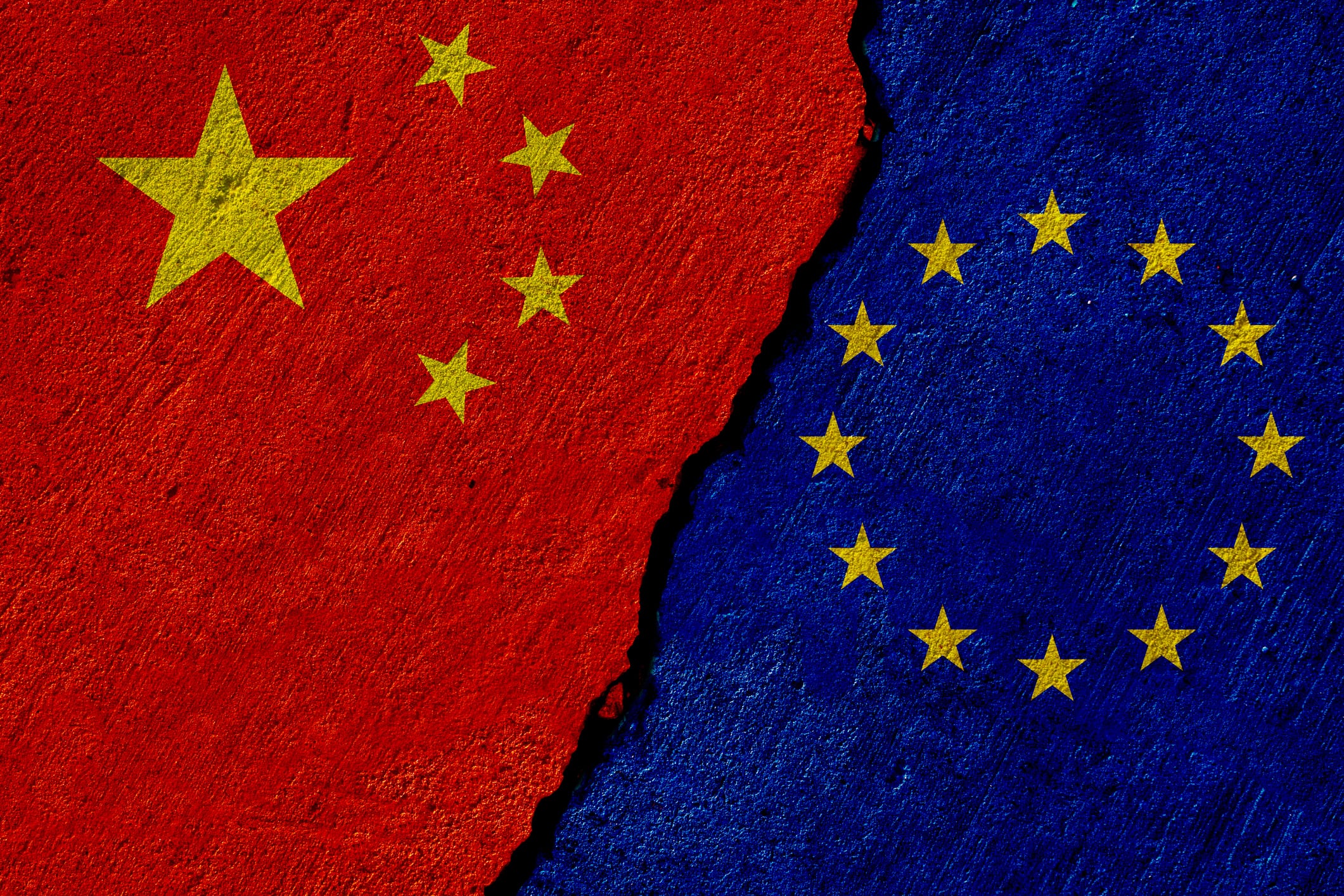
EU dairy exporters face new border duties as China seeks to shield its domestic industry amid oversupply and falling prices
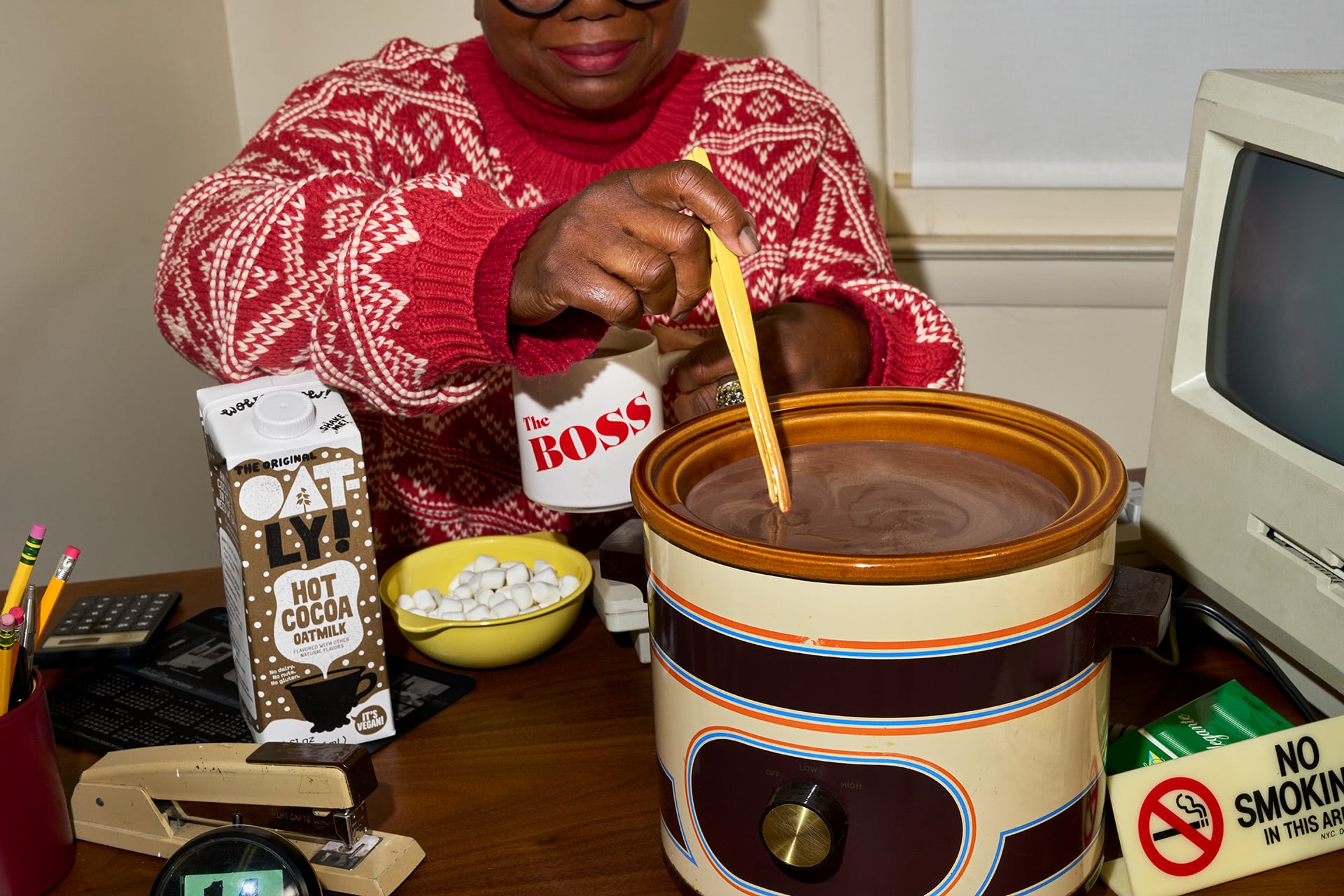
Trendspotting 2026
Plant-based milk is predicted to rebound in 2026 with whole ingredients, high-protein innovation and premium café culture
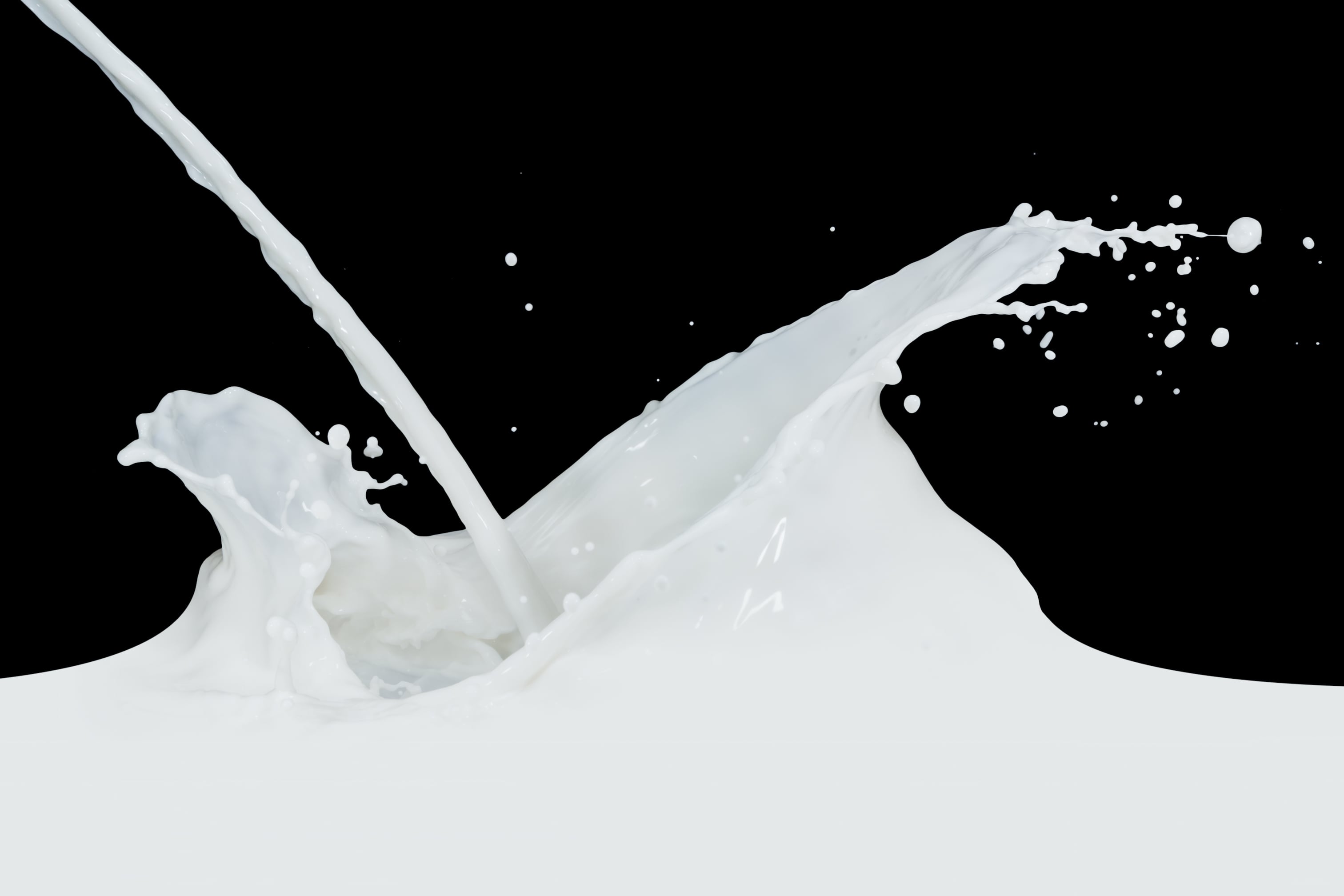
Lower farmgate milk prices have not tempered the high levels of milk production globally
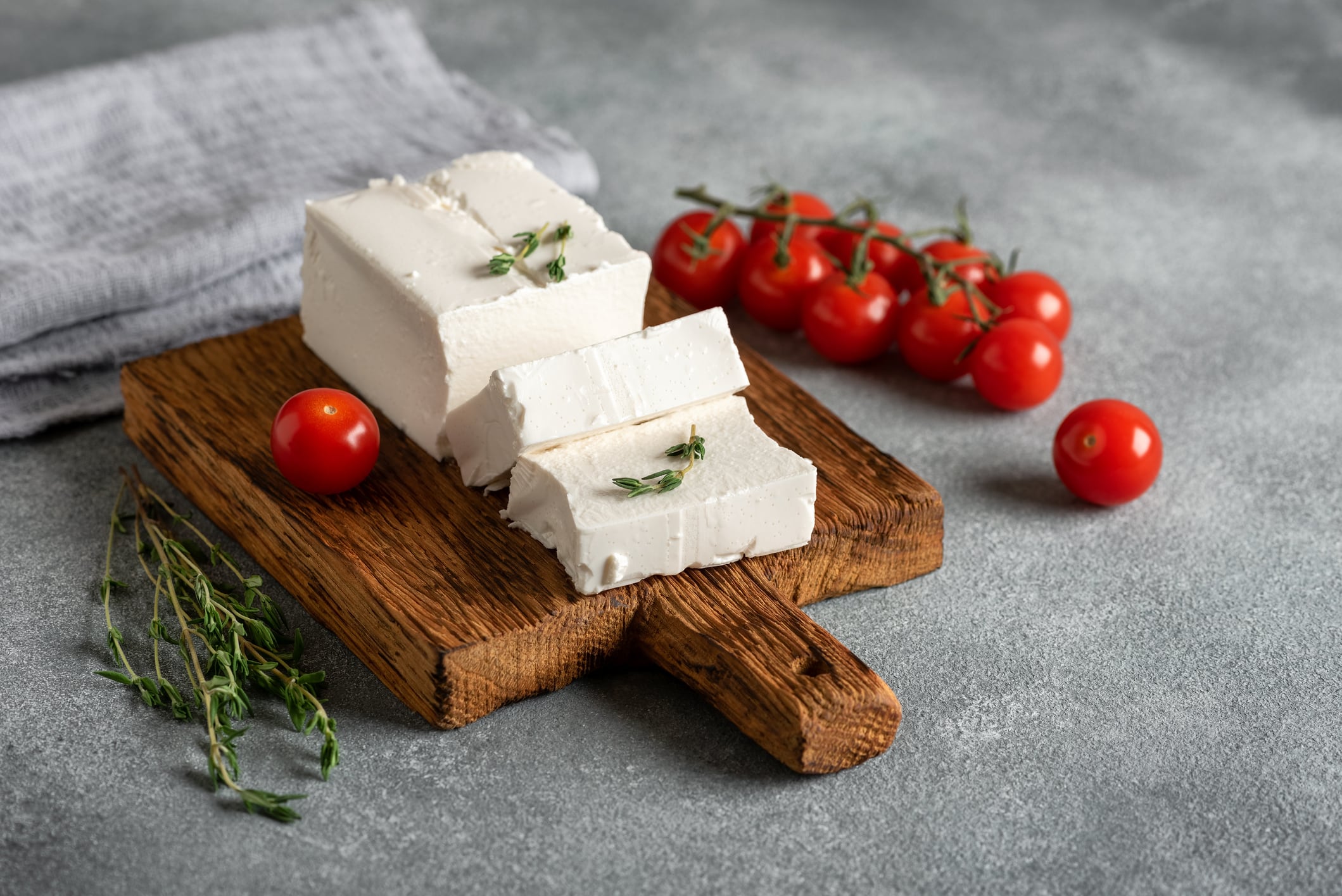
A virus has hit Greece’s sheep and goat herd, but is it serious enough to cause a cheese shortage?

The bailout or bust cycle continues in the U.S., as farmers prepare to receive a one-time bridge payment to manage market volatility, but the Trump administration is not accepting any fault

Health-conscious consumers and shifting diets are fueling Africa’s dairy beverage boom, as local and global players rethink strategies to capture growth
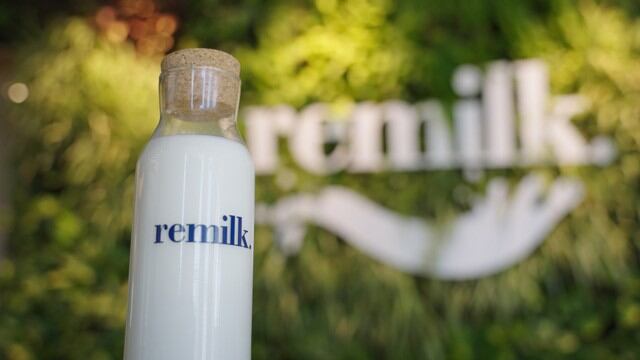
A biotech firm has released barista-style milk that’s cow-free and dairy-identical. Can the product make it with consumers?
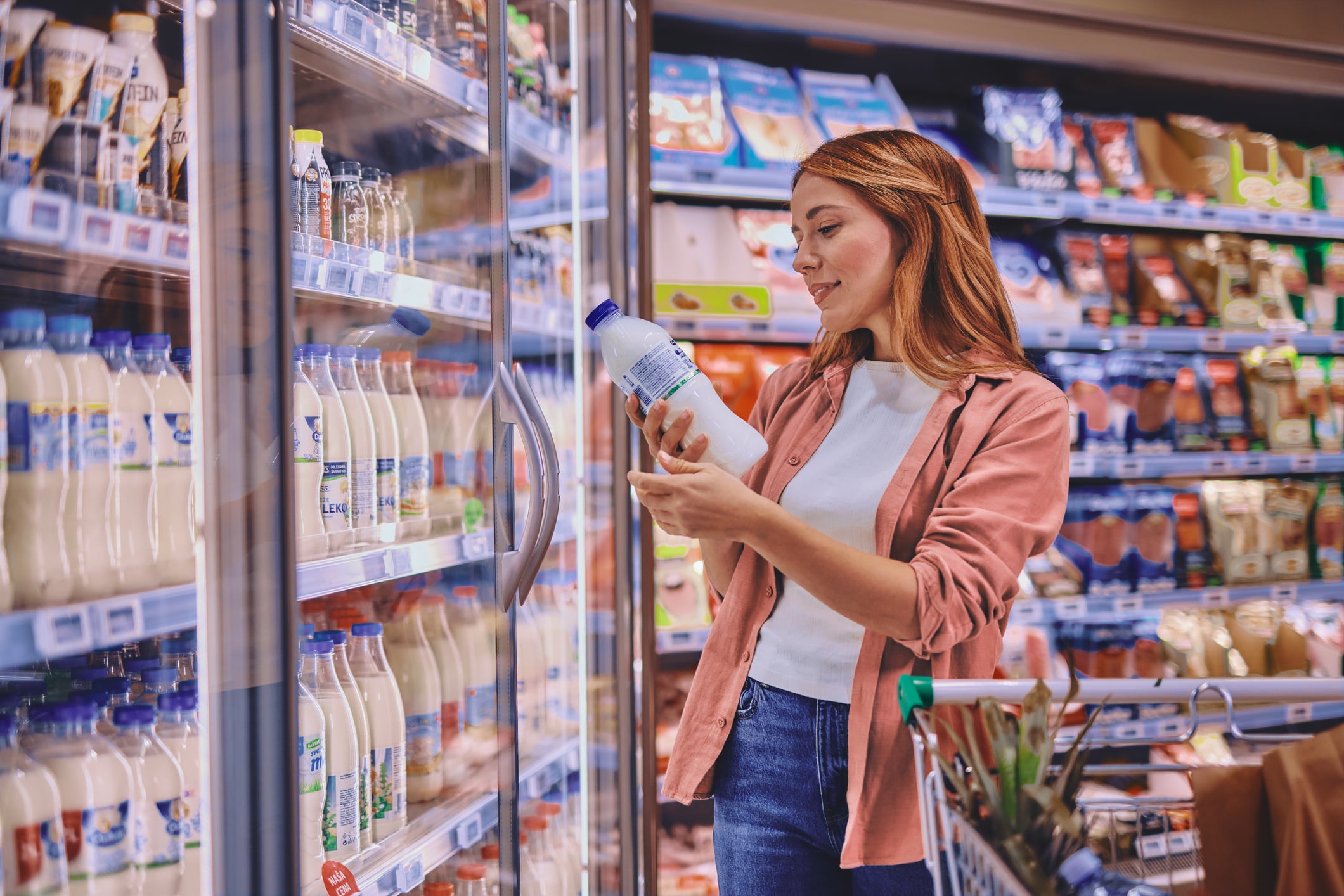
“Everything we put on the market has sold,” Strauss Group CEO says but warns protein availability is still ‘limited’

Le Gruyere was crowned the world’s best cheese, but demand for Swiss cheese remains in decline. Is the industry at a turning point?
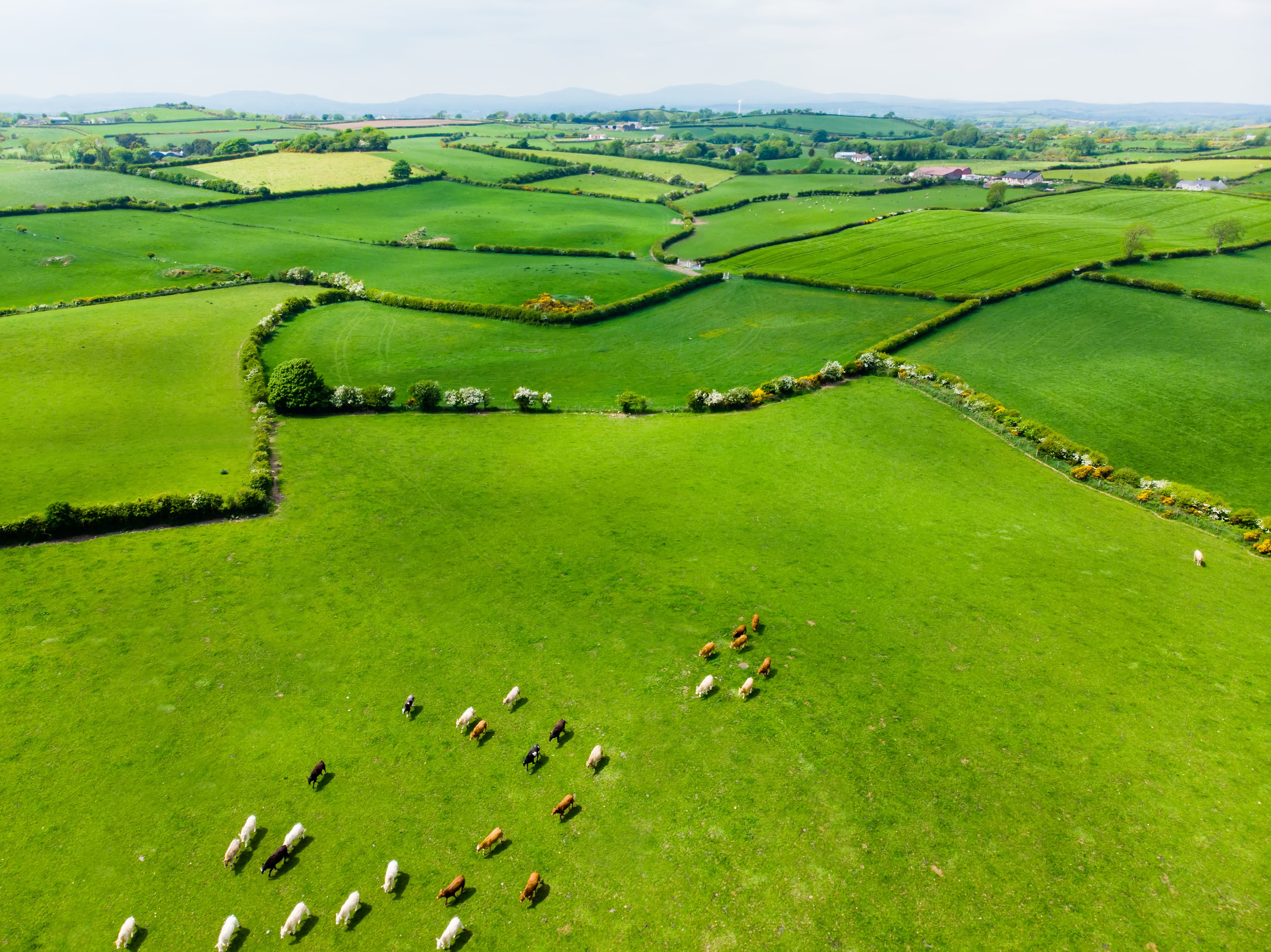
Proveye wins European Space Agency funding to deploy ProvVari – a precision fertiliser platform designed to cut costs, boost yields, and curb emissions across Europe’s pasture-based dairy and beef systems

With milk prices under pressure from oversupply, how can farmers maintain healthy margins?
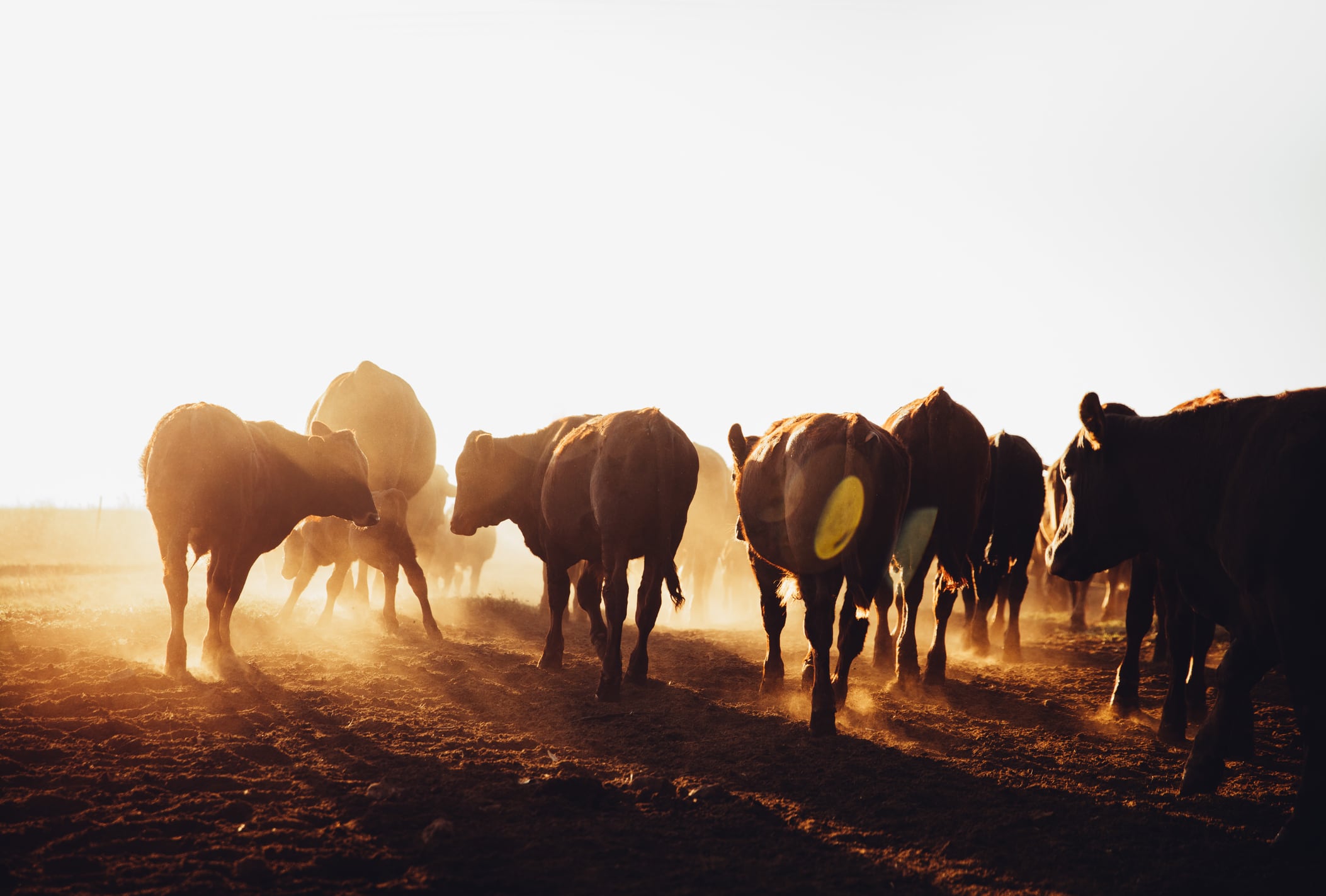
Experts warn of cross-border risks and call for coordinated disease control measures

As ice cream consumption surges across Africa, consumers are driving a shift toward premium products and culturally rooted flavors

Waters slid again in Latin America as consumer sentiment in Mexico remained ‘pretty muted’
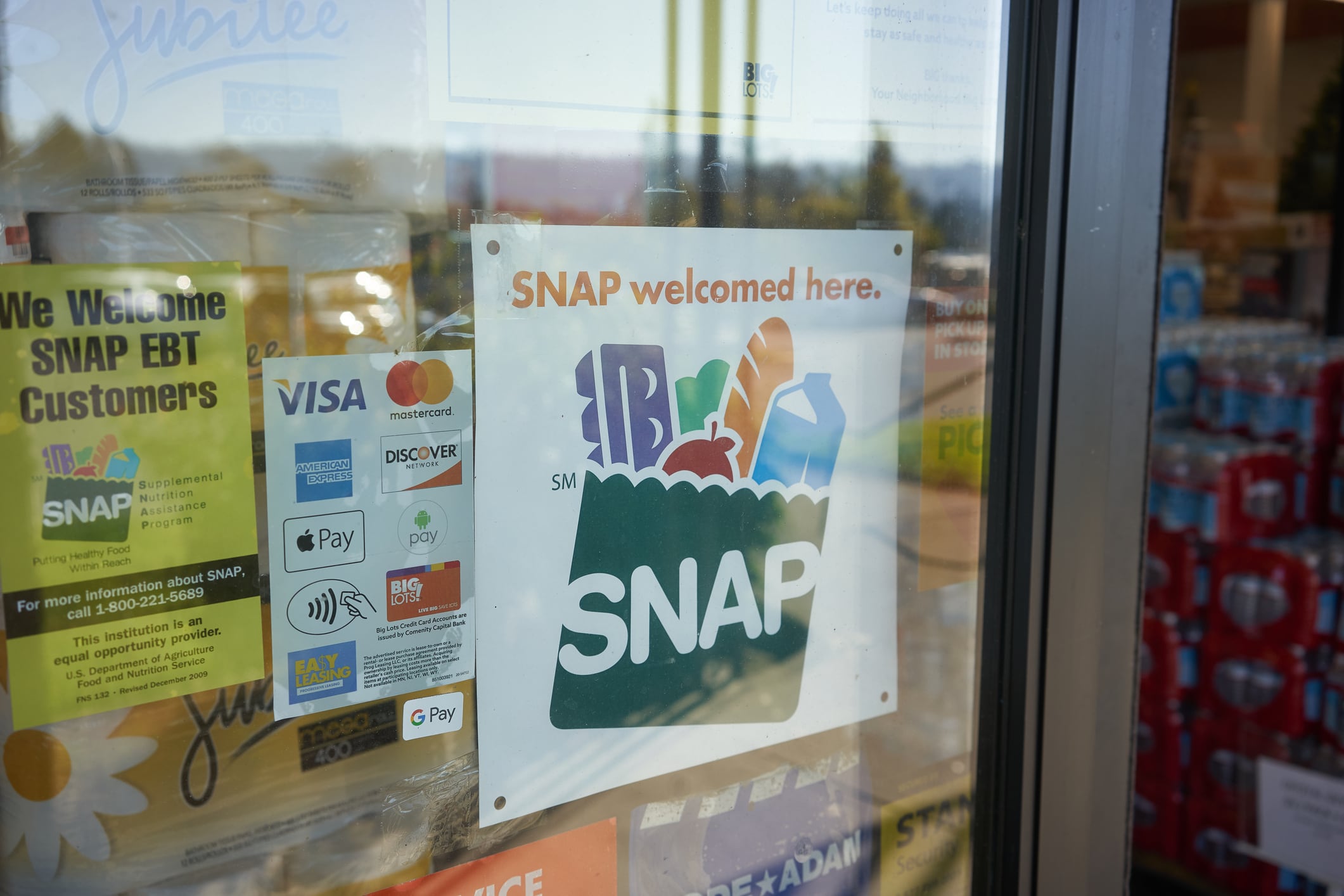
As the shutdown nears its fourth week, the SNAP and WIC funding crisis is rippling through retail supply chains, jeopardizing access to food and CPG category stability

Spins data reveals how younger consumers are reimagining nutrition around functional benefits, global flavors and ingredient transparency
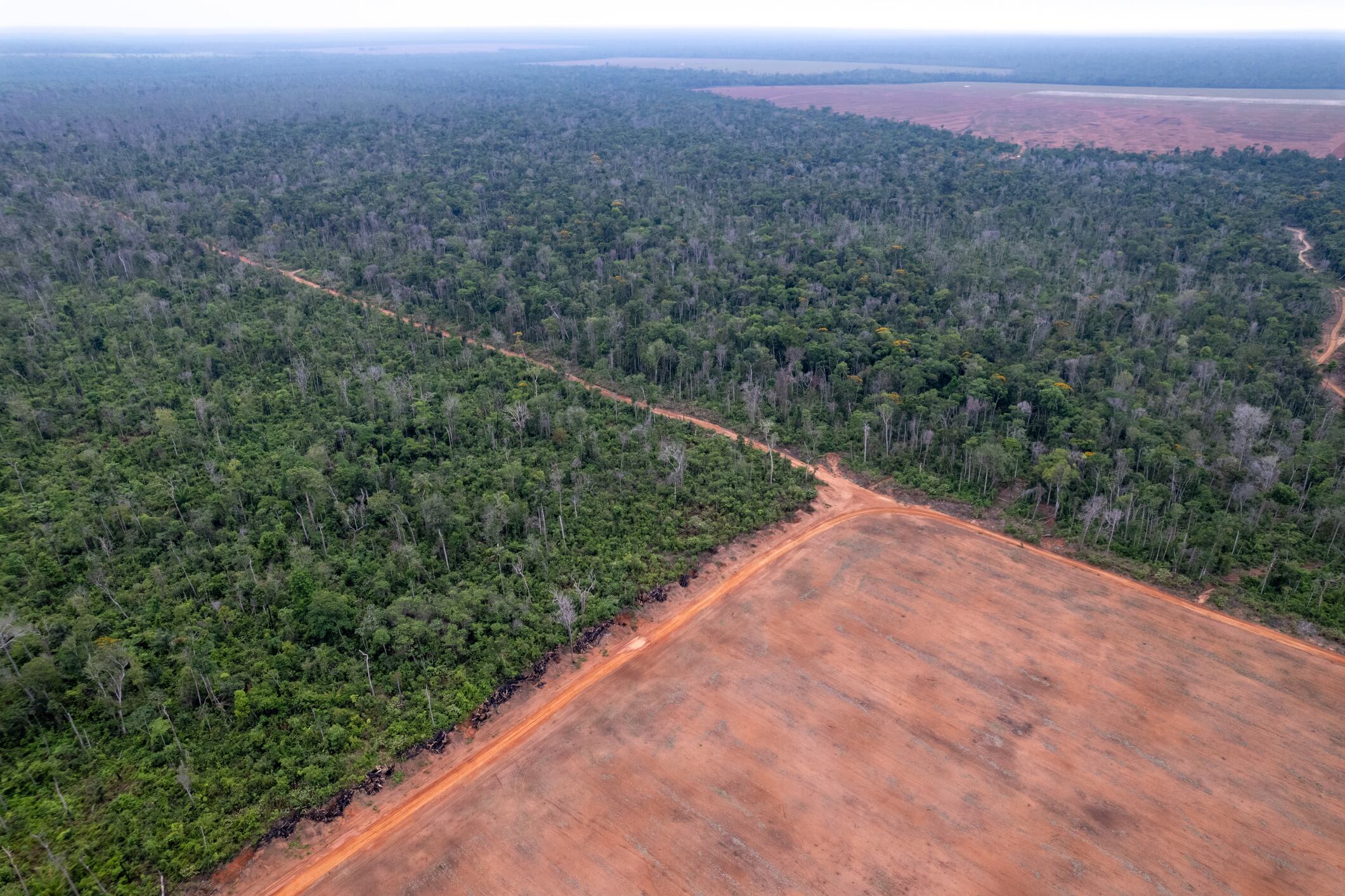
Downstream operators will not be required to submit due diligence statements

Problems with the system, through which businesses must submit EUDR due diligence statements, were the given reason for the regulation’s potential second delay

APAC’s unique incorporation of culture and health priorities with food is driving its rise as a hub for functional foods and novel technologies
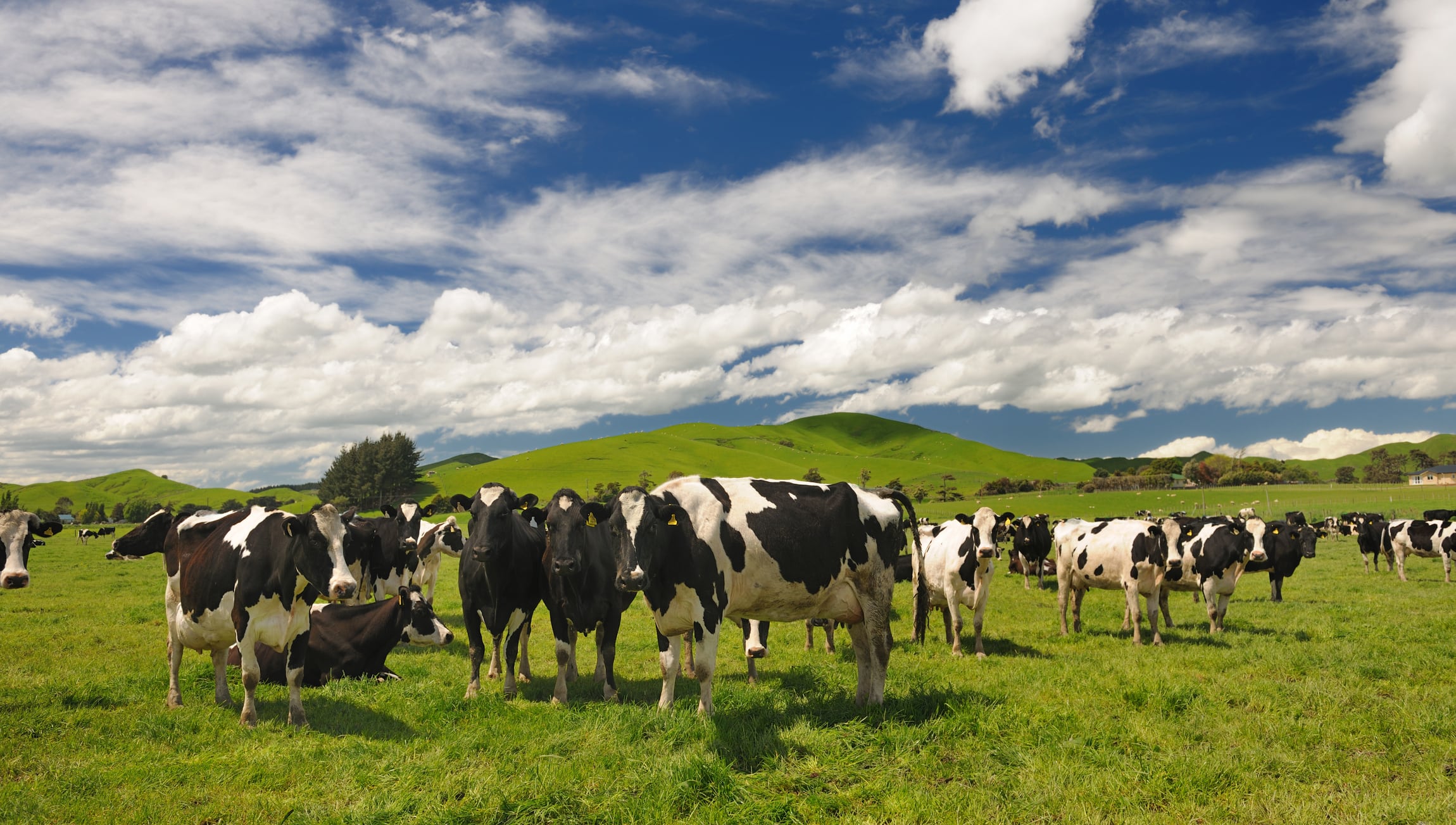
Fonterra has enjoyed greater commercial and pricing power in recent years - but things may be changing
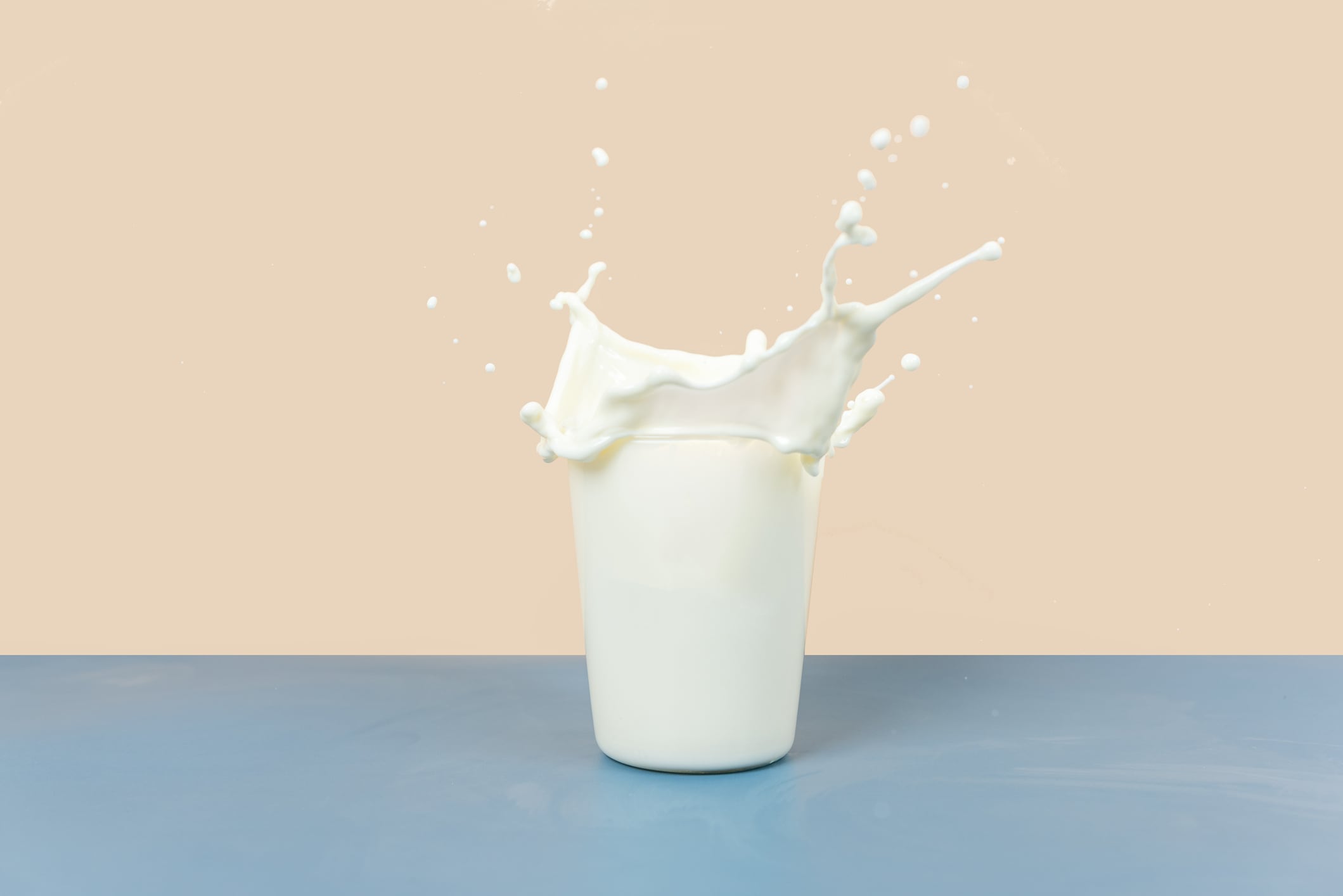
From cream to butterfat, prices have lowered across the board

Dairy producers in Africa operate in a highly inflationary economic environment through a focus on efficiencies and cost containment
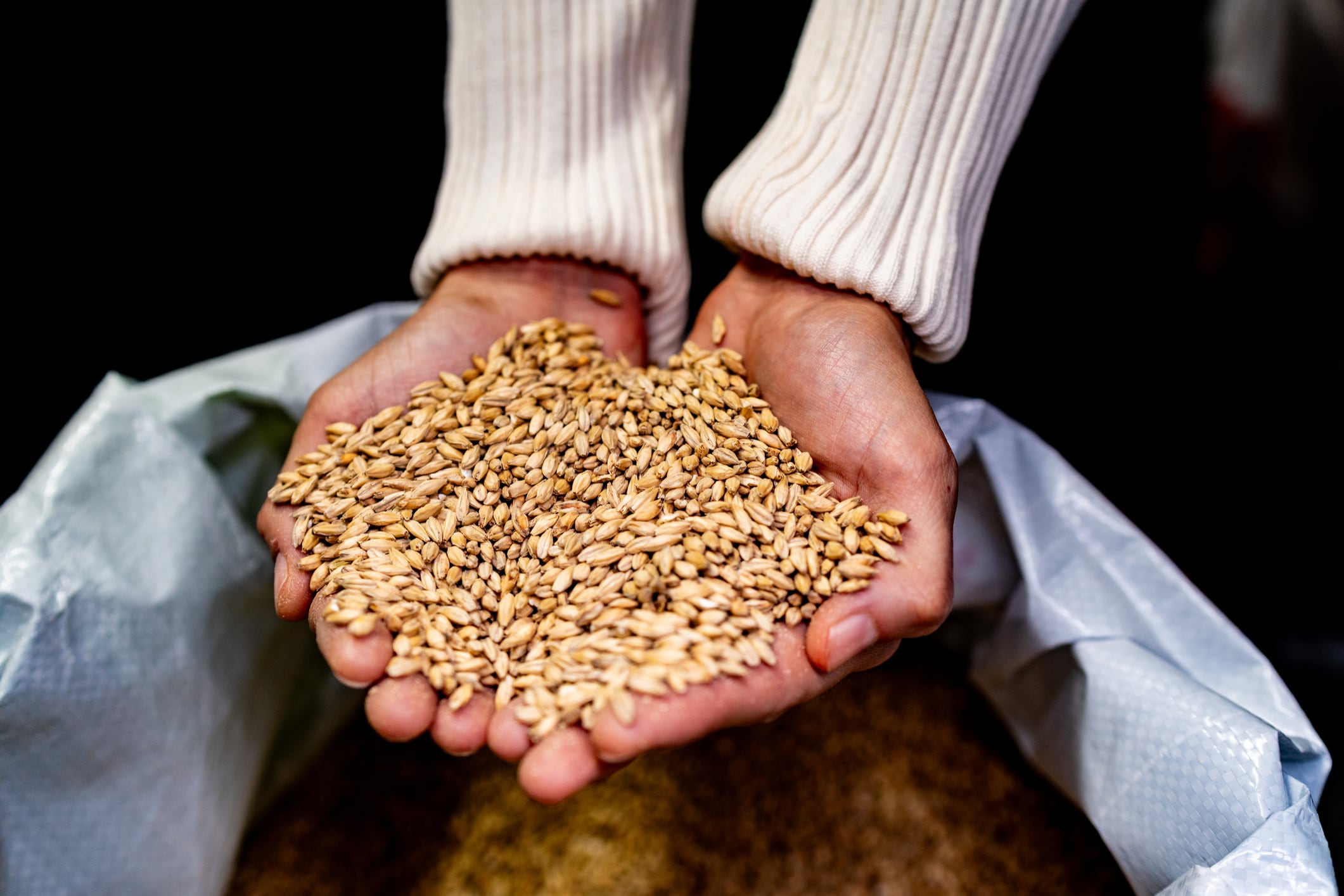
Sustainability September
Edacious and the Regenerative Organic Alliance are teaming up to prove that how food is grown can directly boost nutrition, safety and consumer trust

South East Asia has become a key target market for Irish grass-fed dairy and protein-fortified exports, tapping rising demand for health and wellness
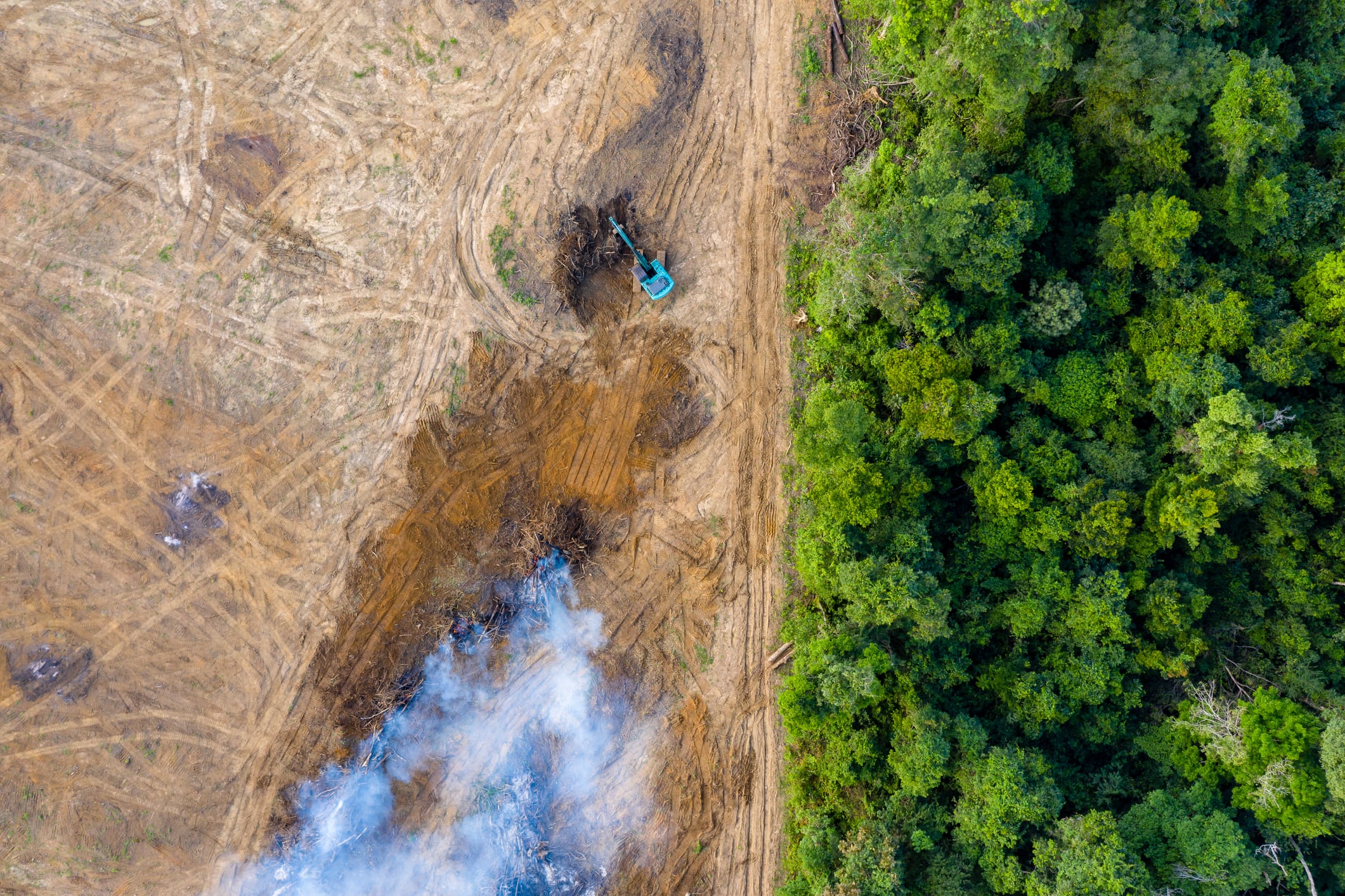
The Environment Commissioner hopes lawmakers will agree to postpone the deforestation regulation yet another year
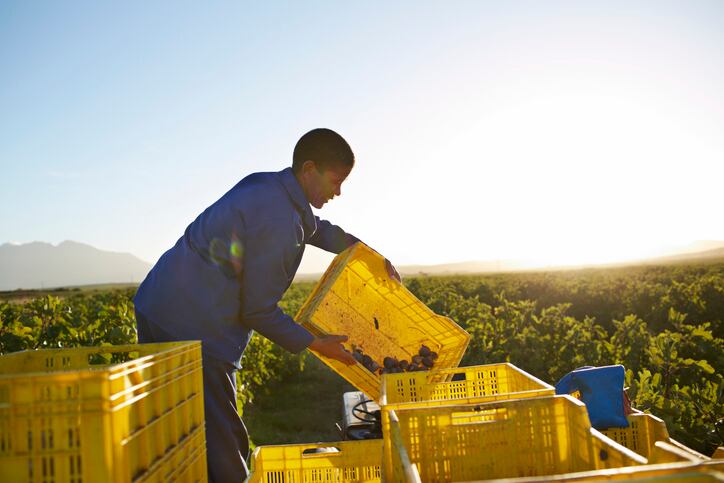
Streamlined H-2A renewals promise to ease labor bottlenecks, though agriculture leaders say broader workforce reforms remain critical
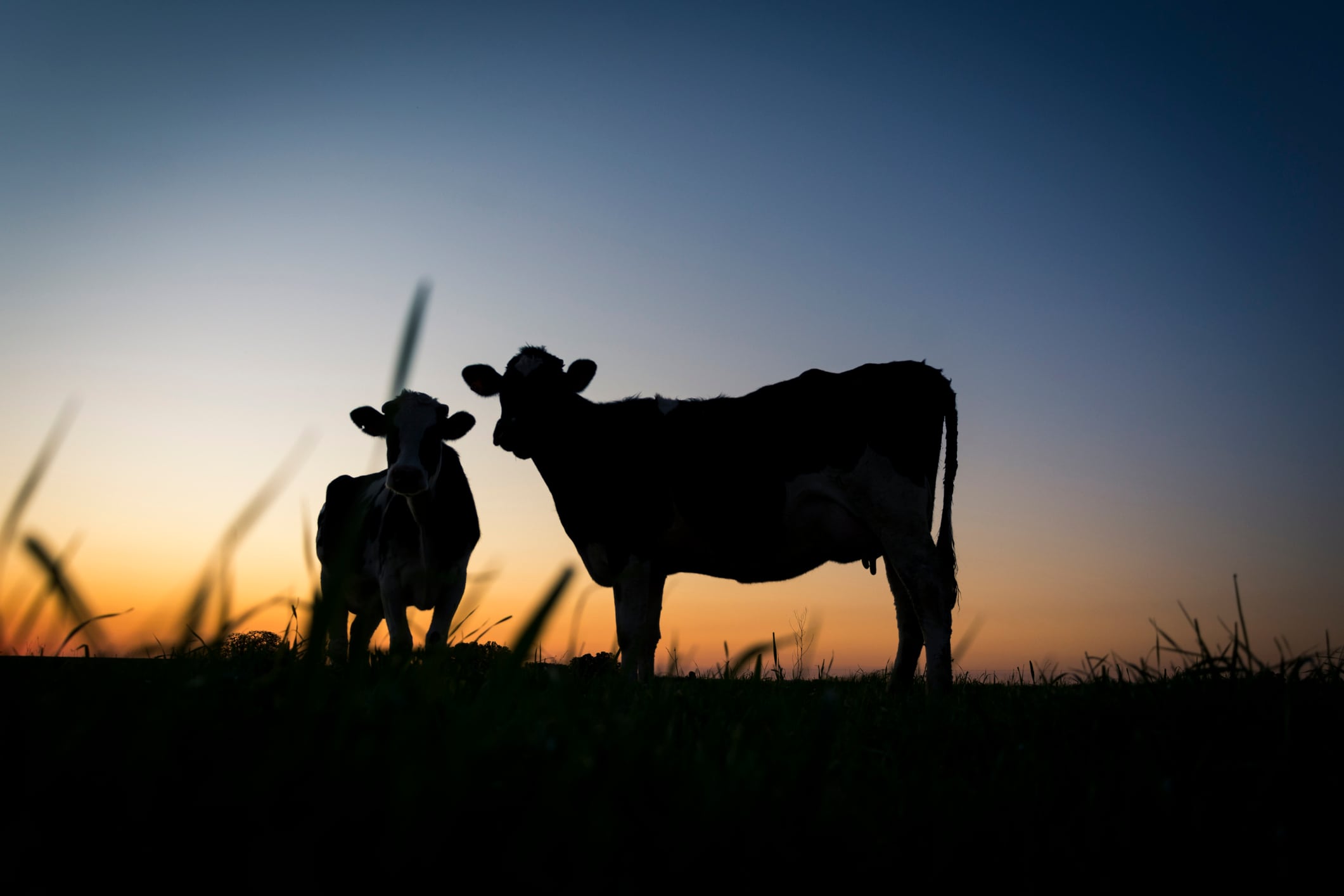
Sustainable September
How do food majors leverage digitalization and local sourcing to foster more resilient and sustainable supply chains in Africa?
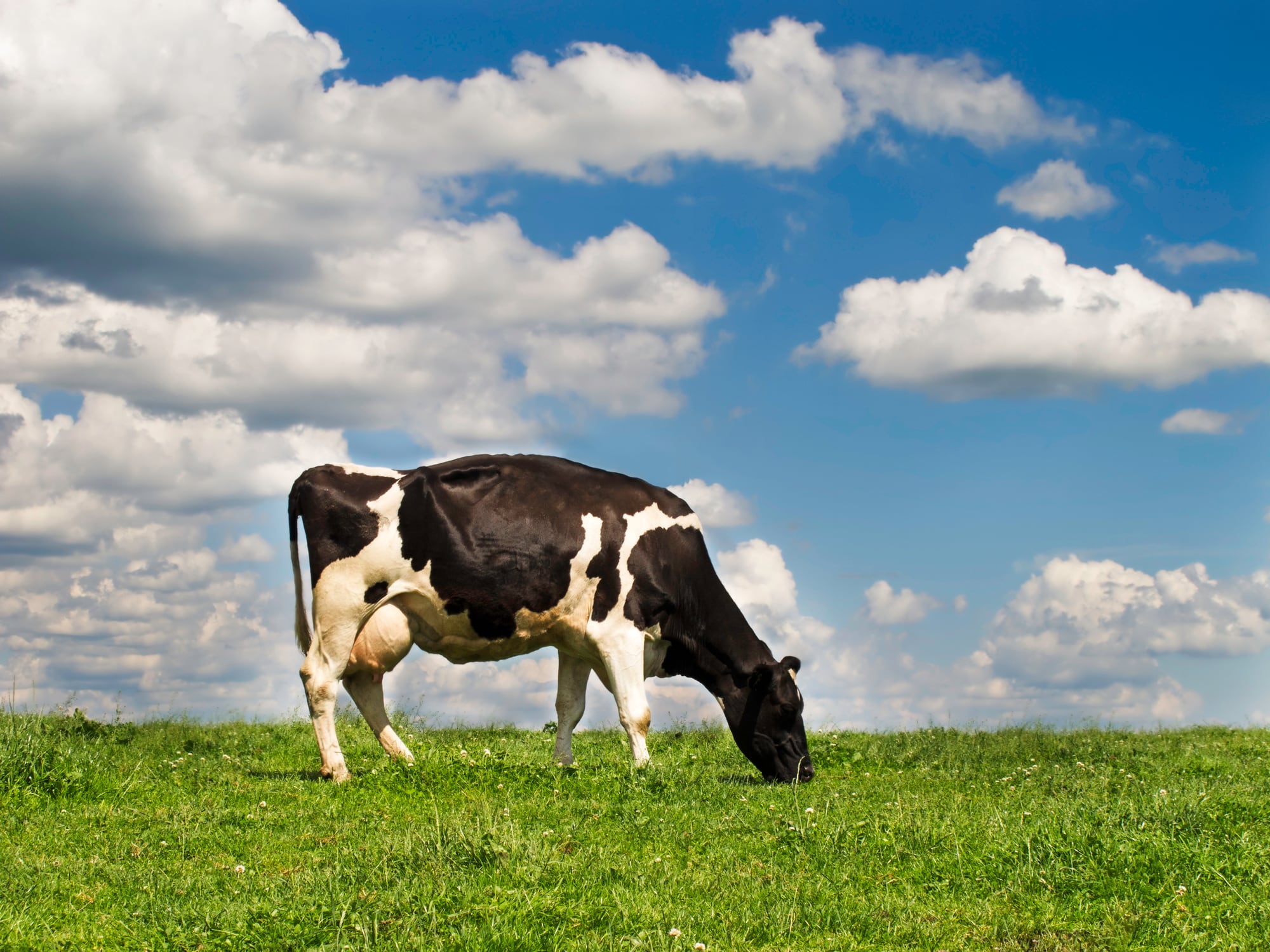
Sustainable September
Flip-flopping on policy and a lack of targeted funding for sustainability interventions is putting dairy’s green effort at risk

Sustainable September
Dairy UK’s Dr Judith Bryans tells us how a cross-sector initiative is catalyzing sustainable change across the entire dairy value chain
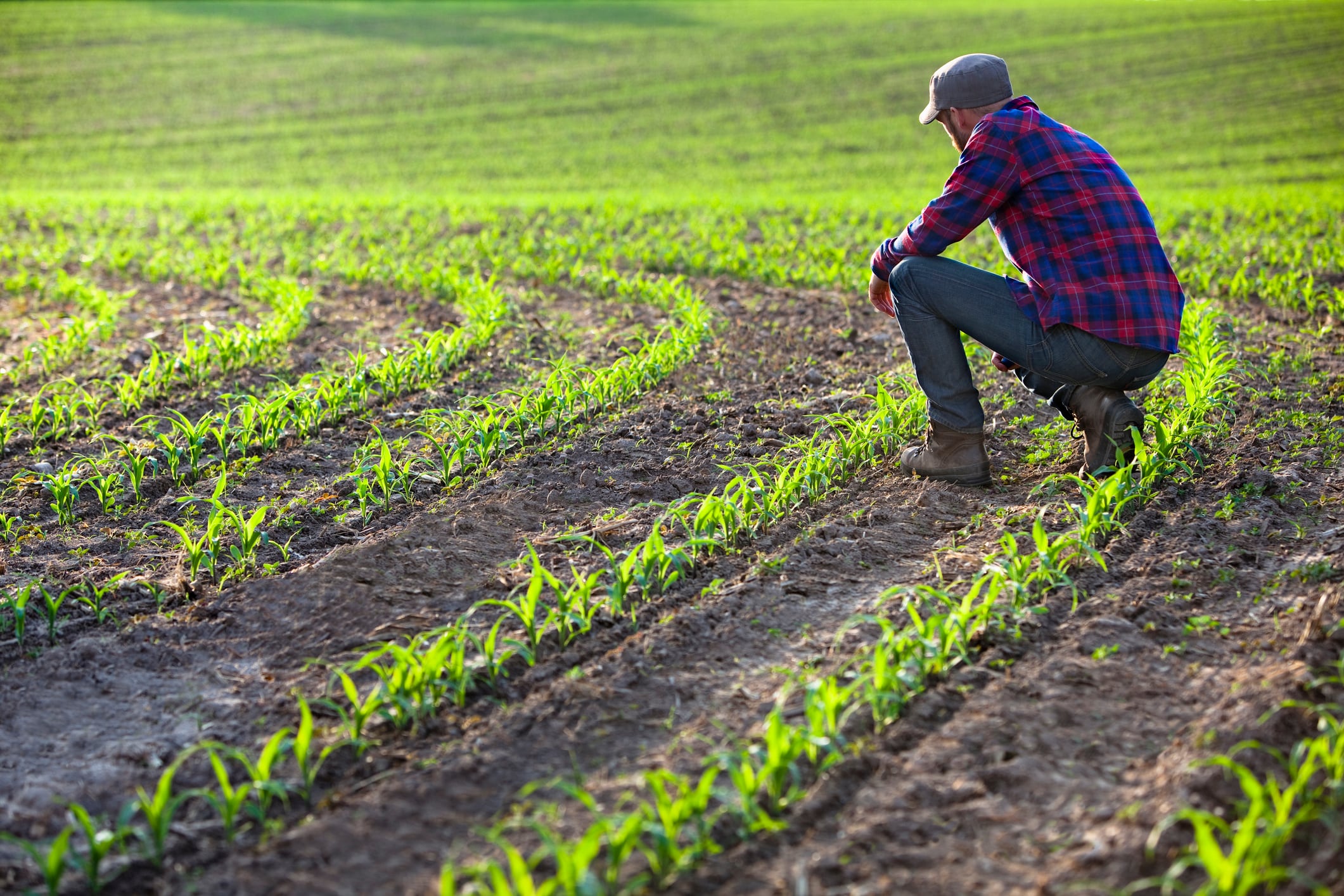
Sustainable September
The USDA, National Geographic Society and Growing Justice Fund offer funding to strengthen food production
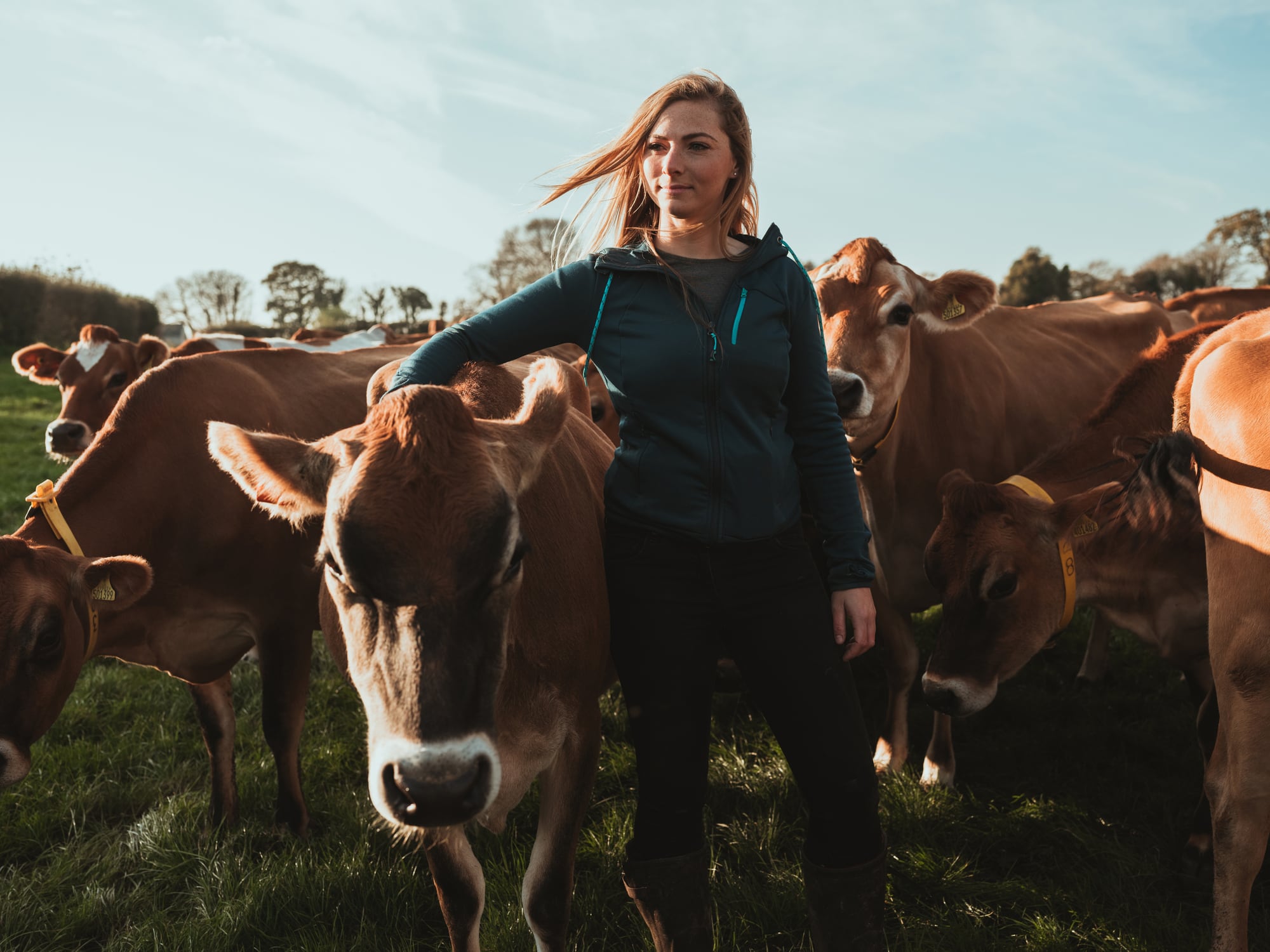
More tech is needed for more farmers, says the UK retailer, whose newly announced ‘Plan A for Farming’ plan includes a commitment that all its British products will come from farms using regenerative practices by 2030
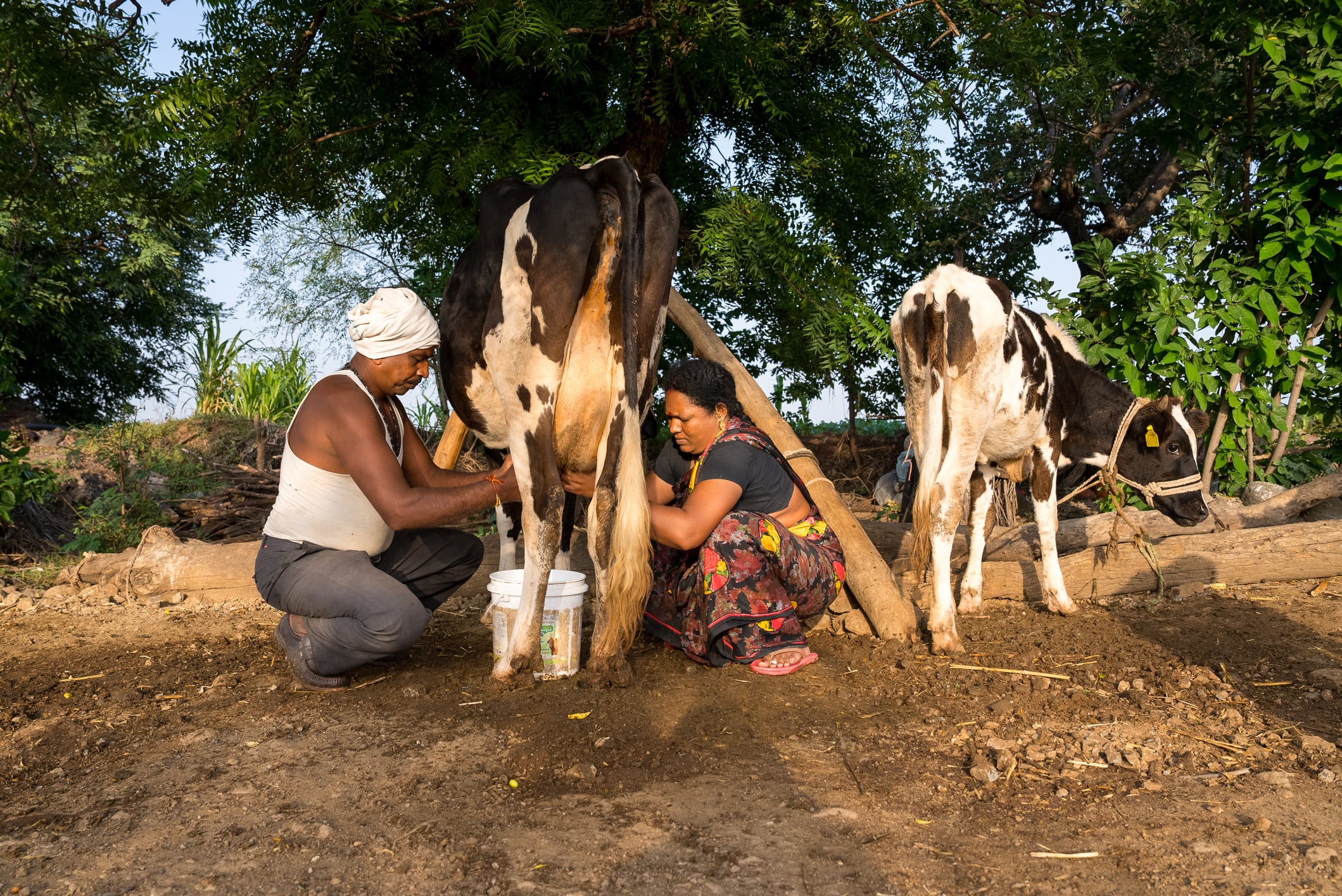
Sustainable September
Dairy’s climate progress hinges on productivity gains in markets like India: but the country’s milk production is one of the most carbon-intensive

What’s the optimal intake of animal-source foods?
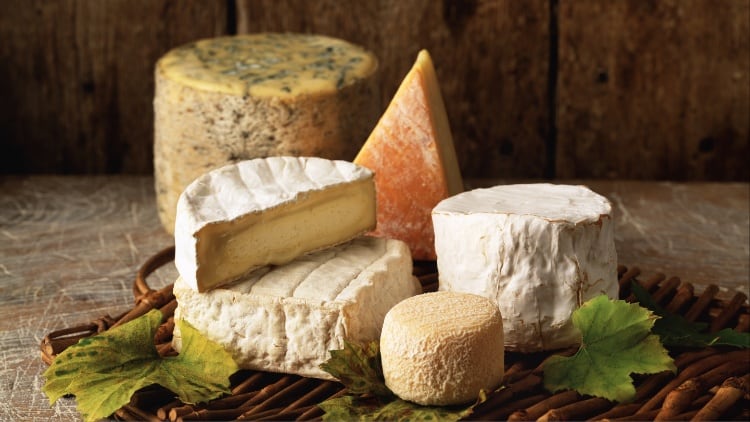
Industry welcomes tariff clarity but would the bloc’s other trade partners ask for a bigger slice of the Single Market?
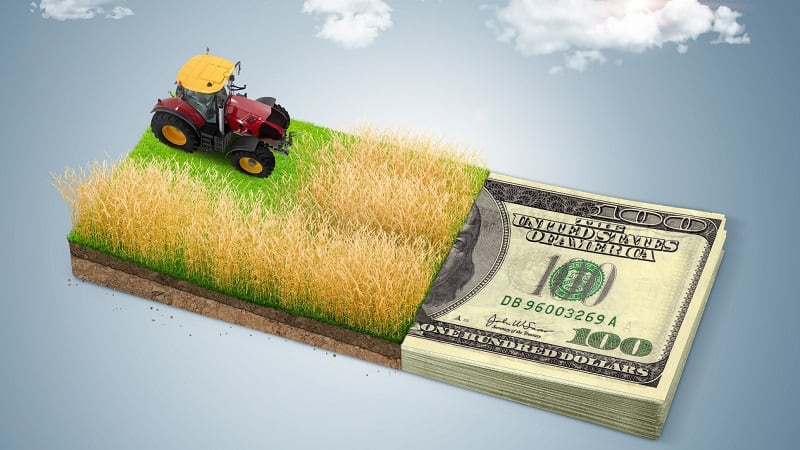
Lending rose 6% among Australian farms, with broadacre and dairy accounting for more than half of debt value amid ongoing economic strife.

Several leading infant formula companies have reported growth in their infant formula sales for the first half of this year, with the popularity of premium products and expanding sales in both offline mother-and-baby stores and online channels a common...
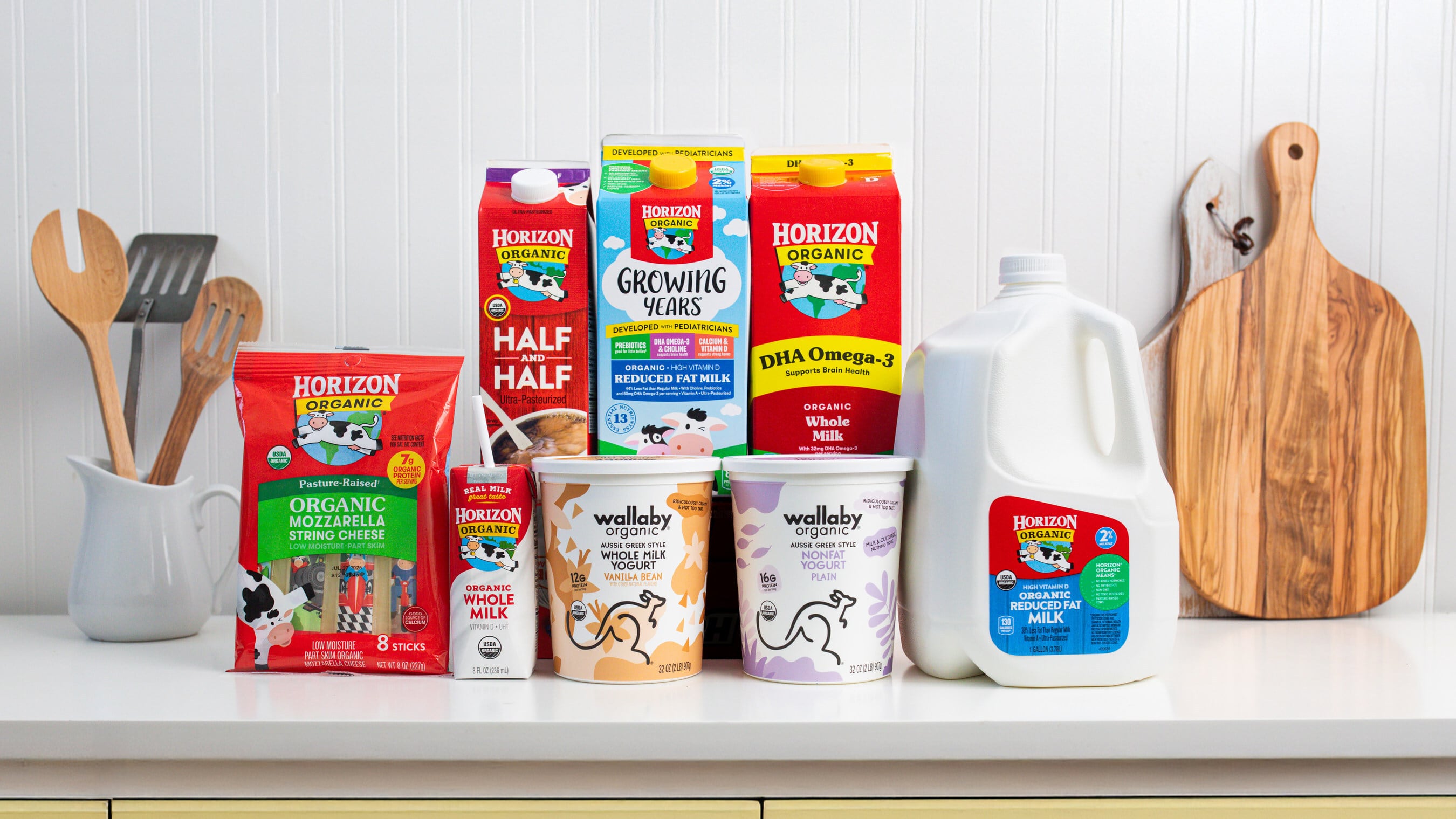
There are white spaces across categories and formats plus major M&A potential, says RaboResearch
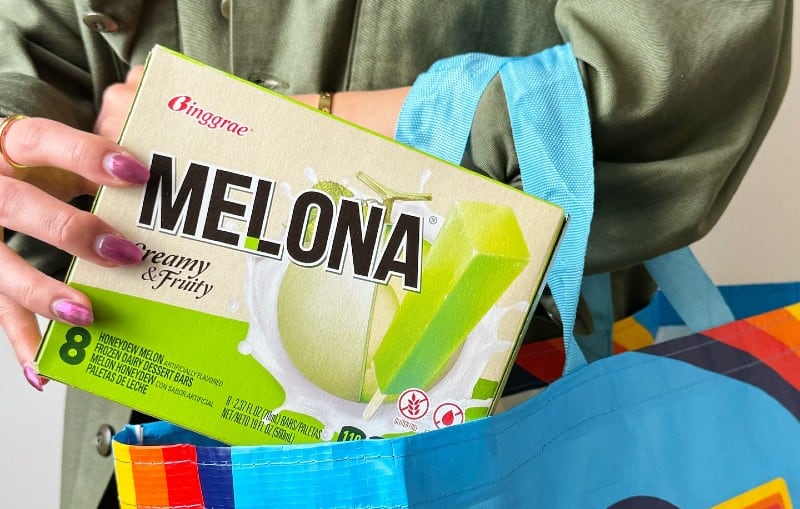
South Korean ice cream exports are rising fast, rivalling ramyeon as a top food export driven by strong demand and popularity in the North American market
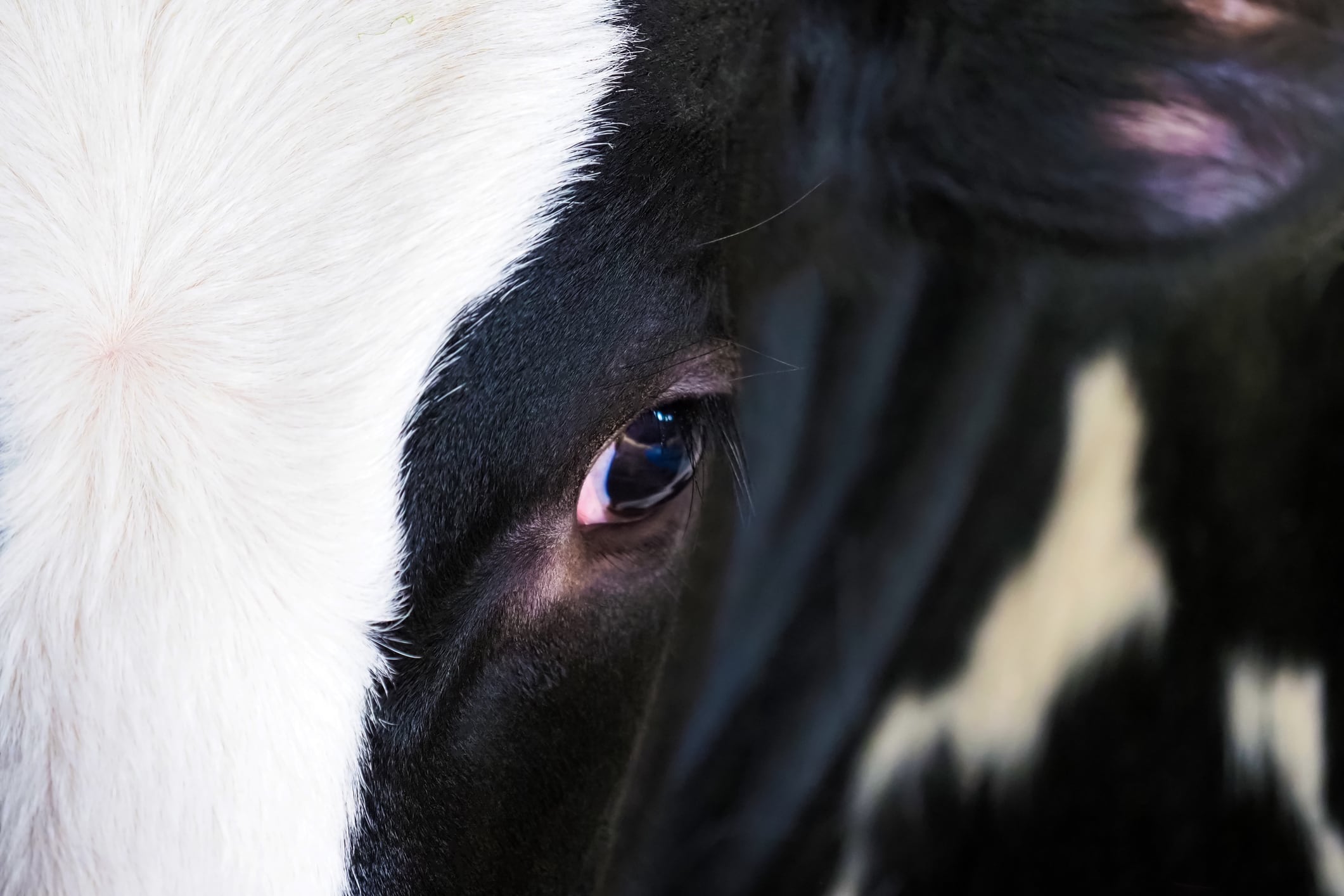
US cases have dropped but the disease still poses a threat to profitability and biosecurity – with EFSA concerned about possible spill-over into Europe
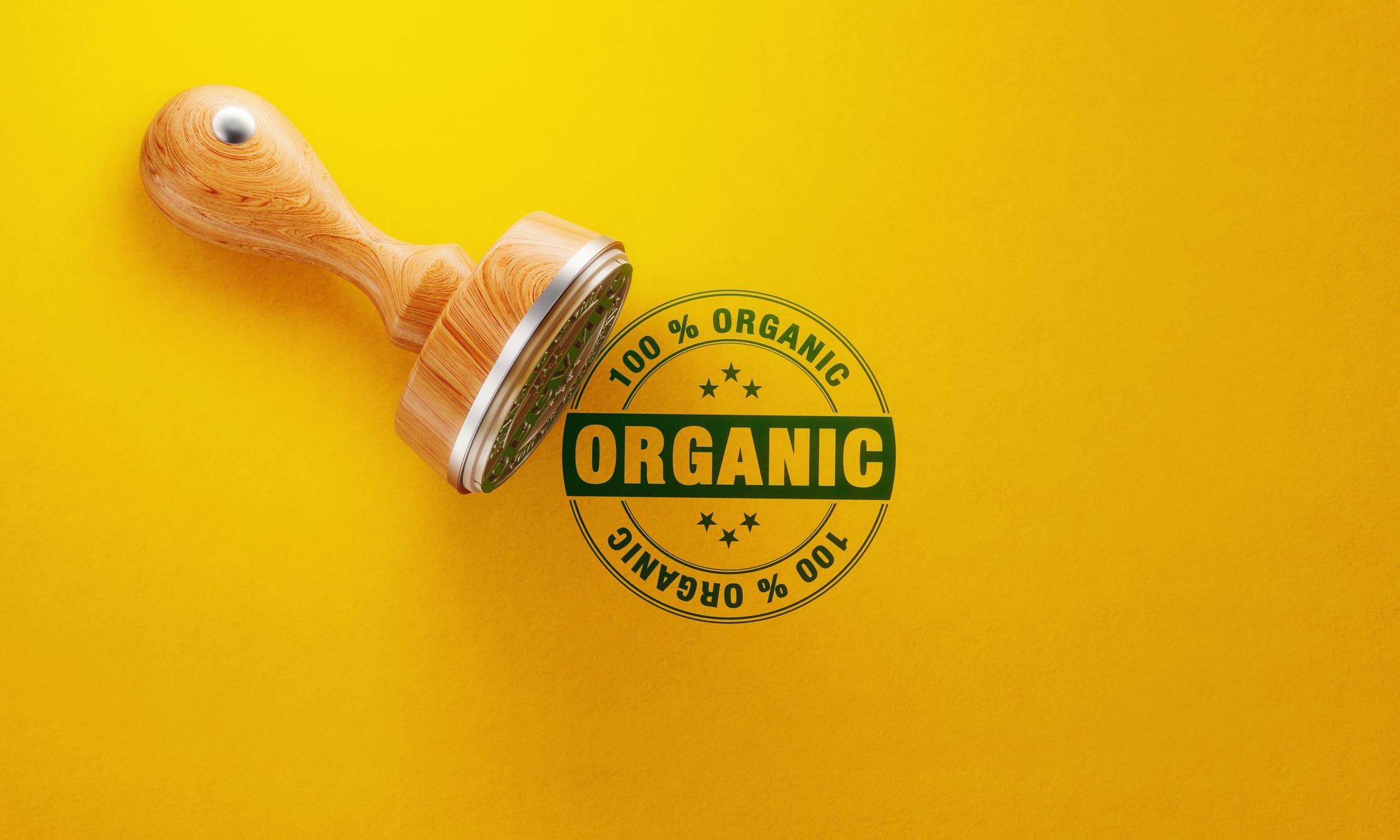
Natural food and drink products with sustainable label claims are flying off the shelves in the US: here’s why
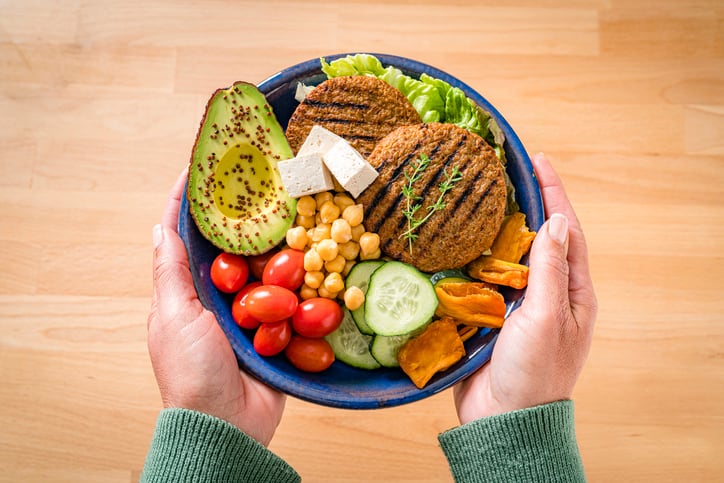
A deep dive into the consumer shifts, ingredient innovations and market opportunities redefining the global protein landscape

Africa’s dairy sector is attracting big-dollar funding as the region’s growth potential continues to attract investors

The results are positive for The Magnum Ice Cream Company, which will be spun off mid-November
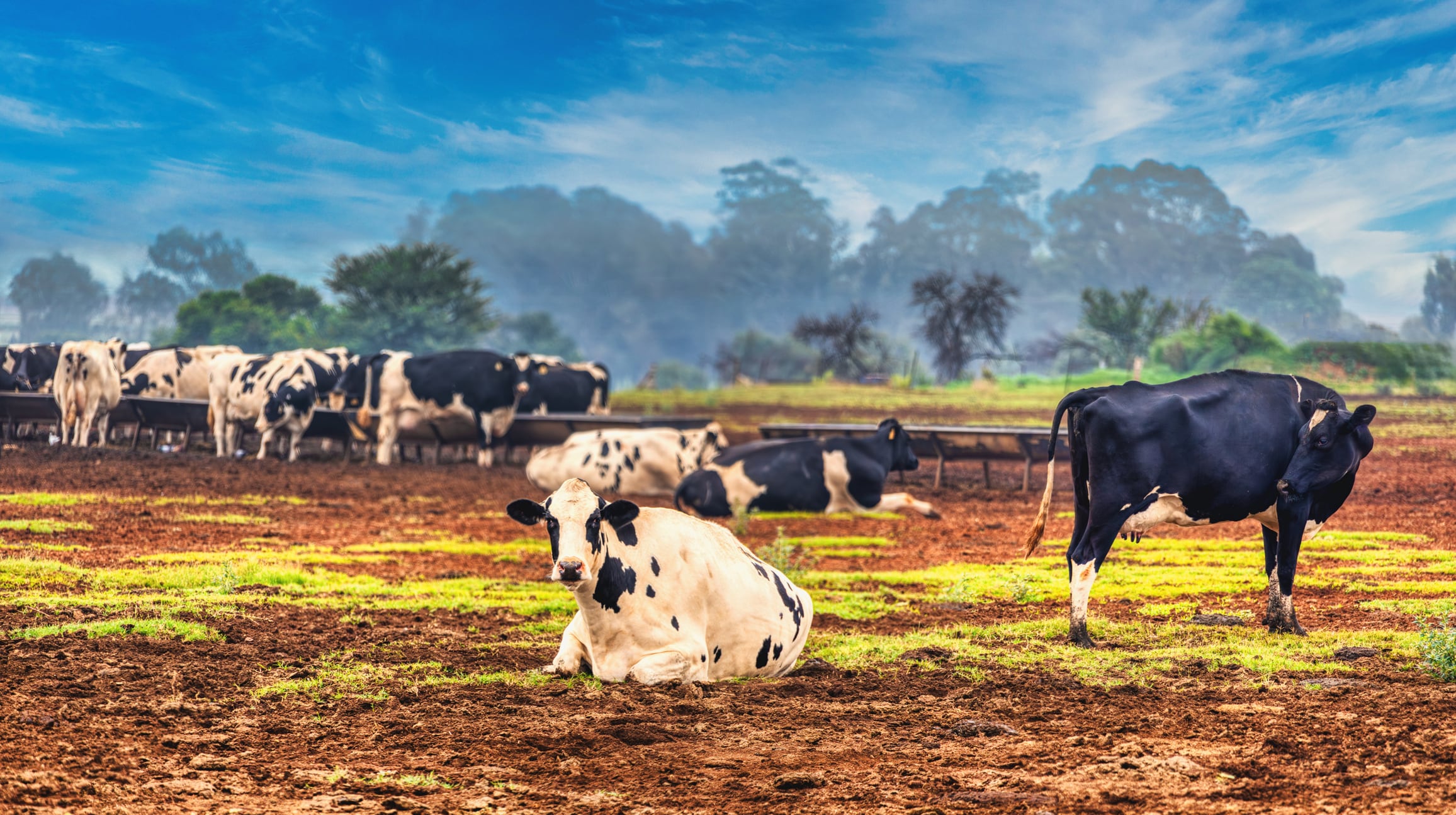
From Danone to Dairibord, dairy companies in Africa are ramping up decarbonization efforts and programs as they invest into curbing carbon emissions

Danone has delivered robust sales growth overall, thanks to its ‘Renew Danone’ strategy, but is seeing losses in some markets
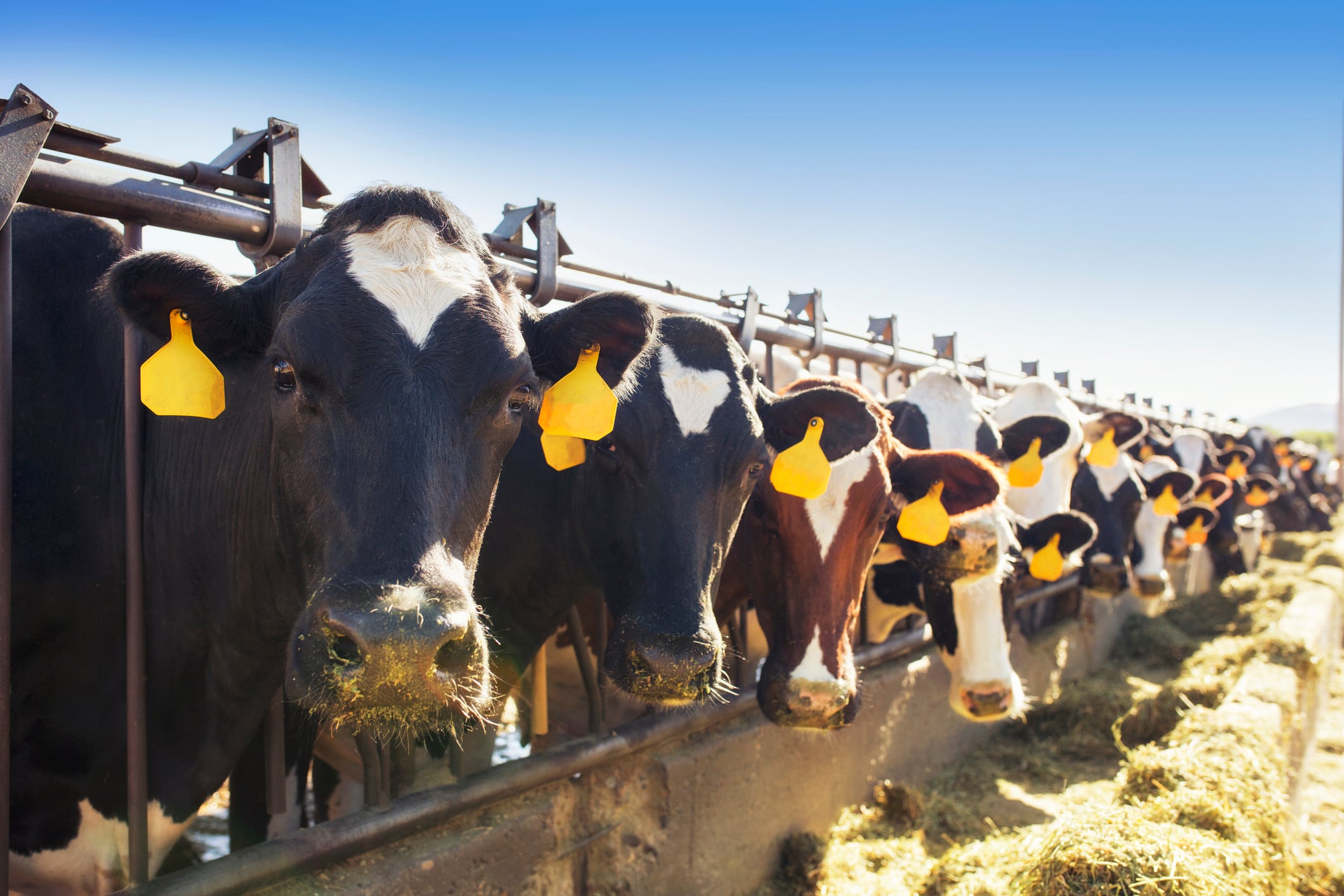
Artificial intelligence (AI) is helping dairy processors in Sub Saharan Africa to optimize supply chain logistics, enhance traceability of products and to monitor the health of animals in real time